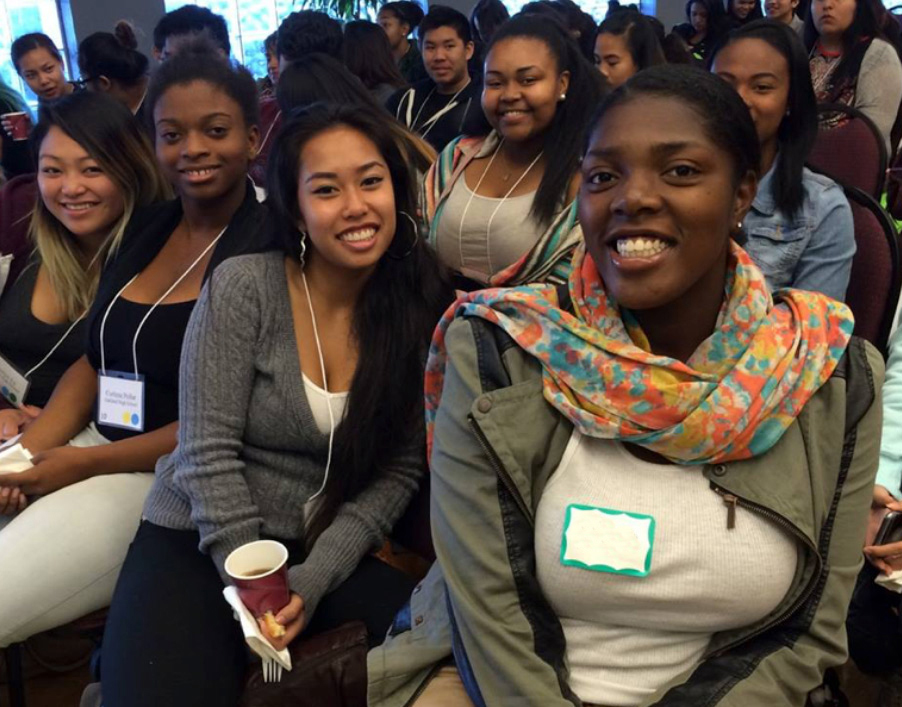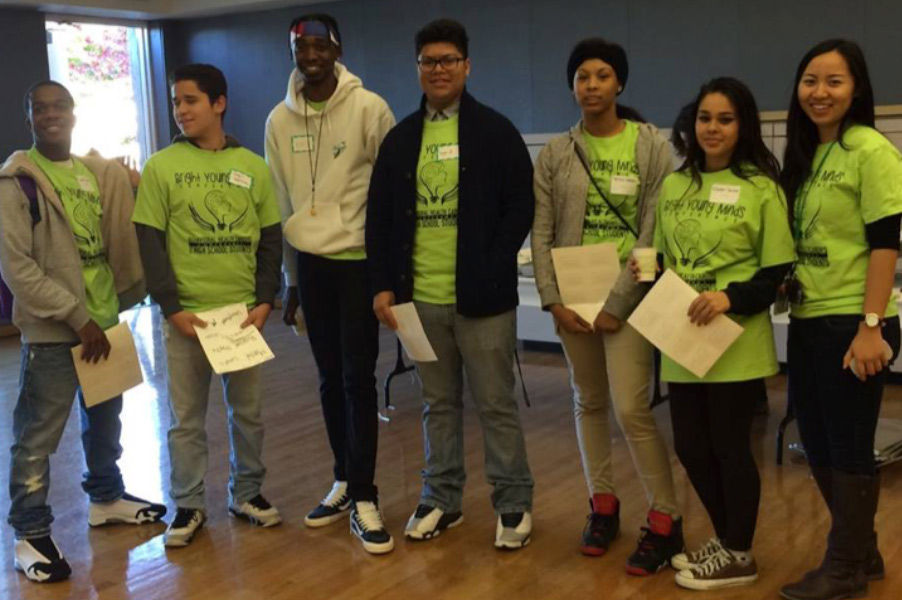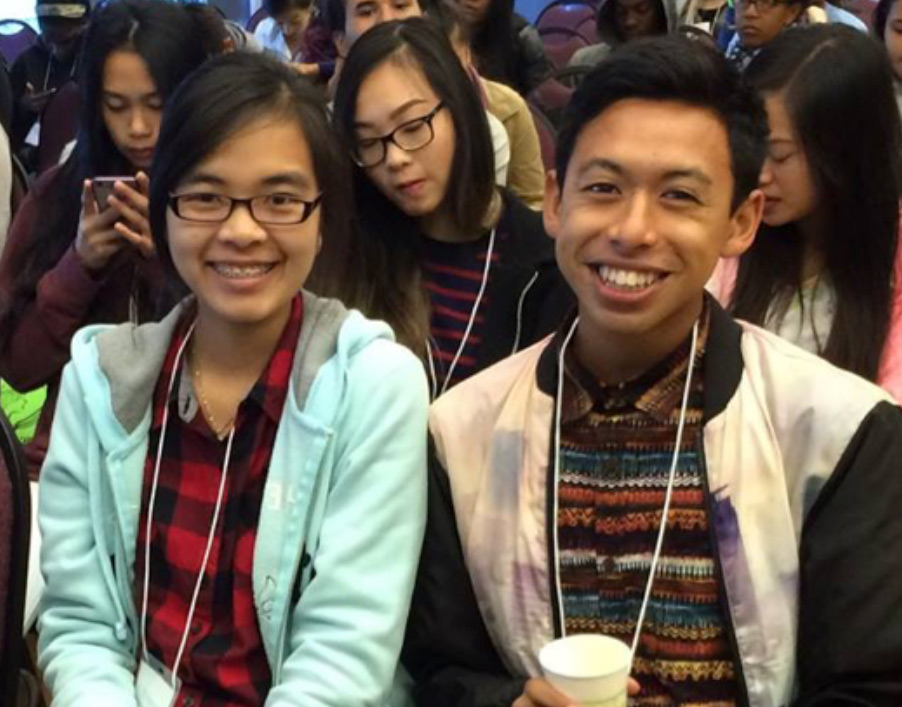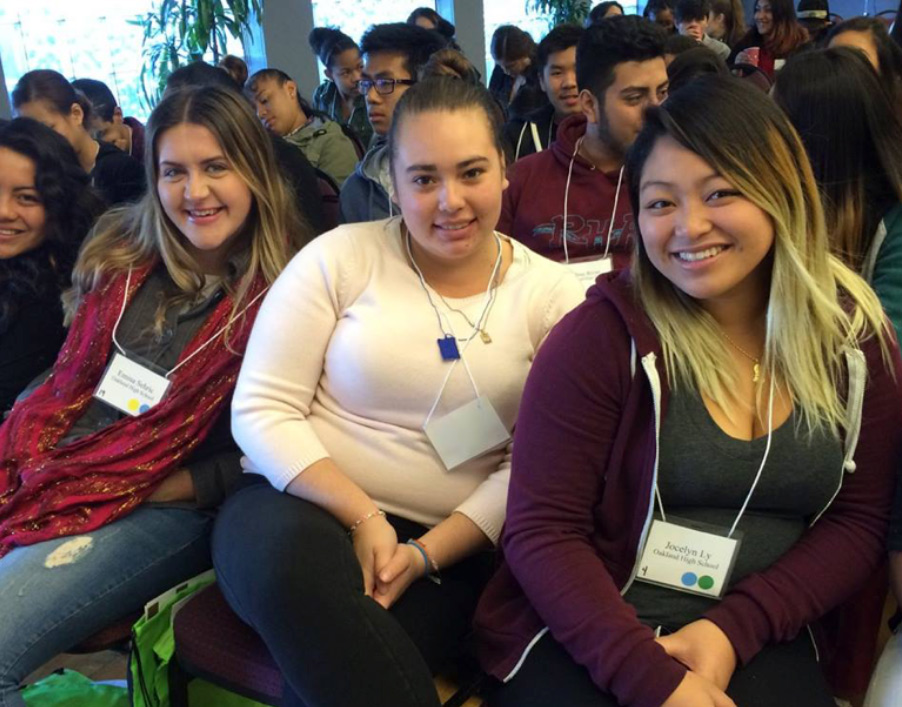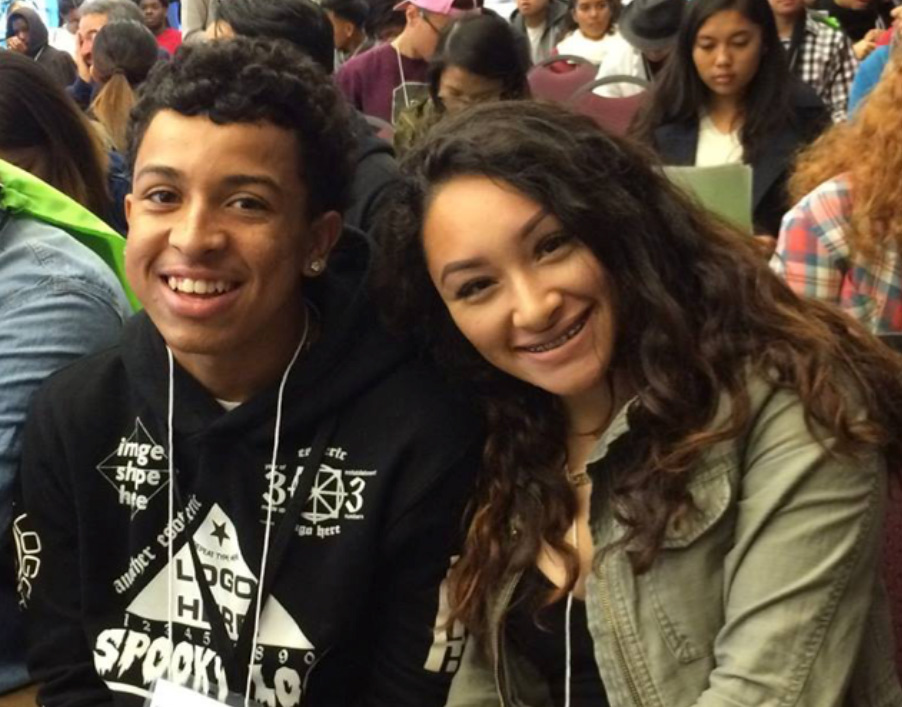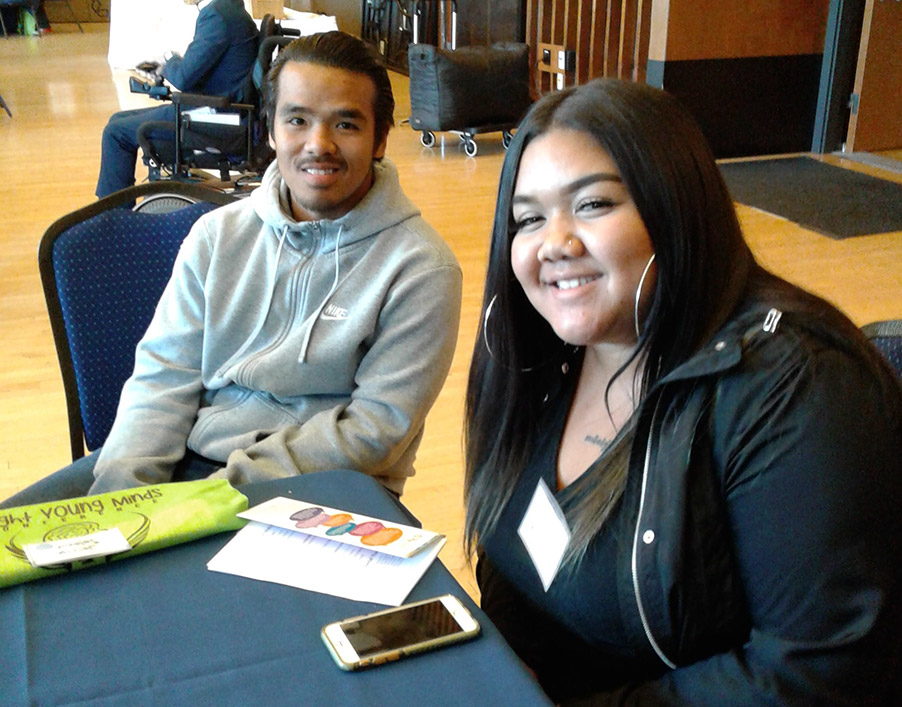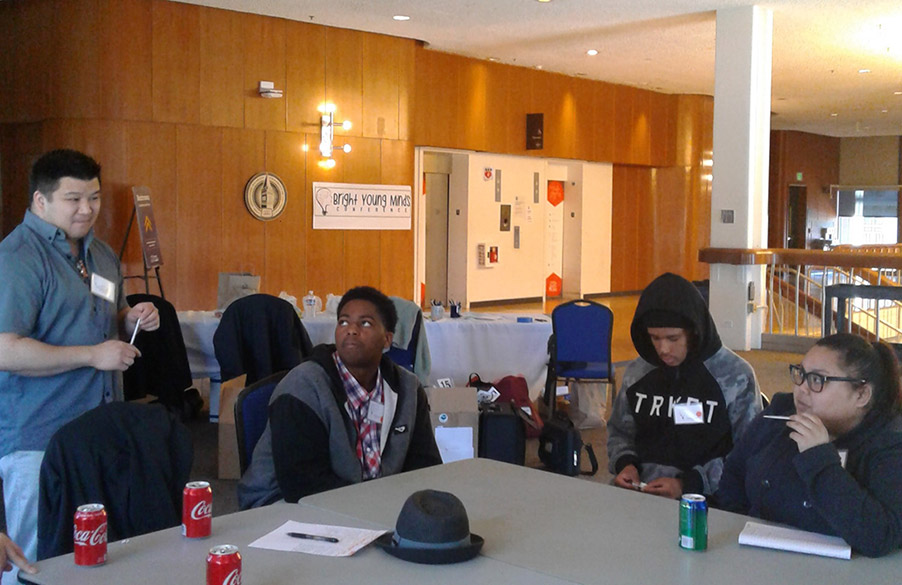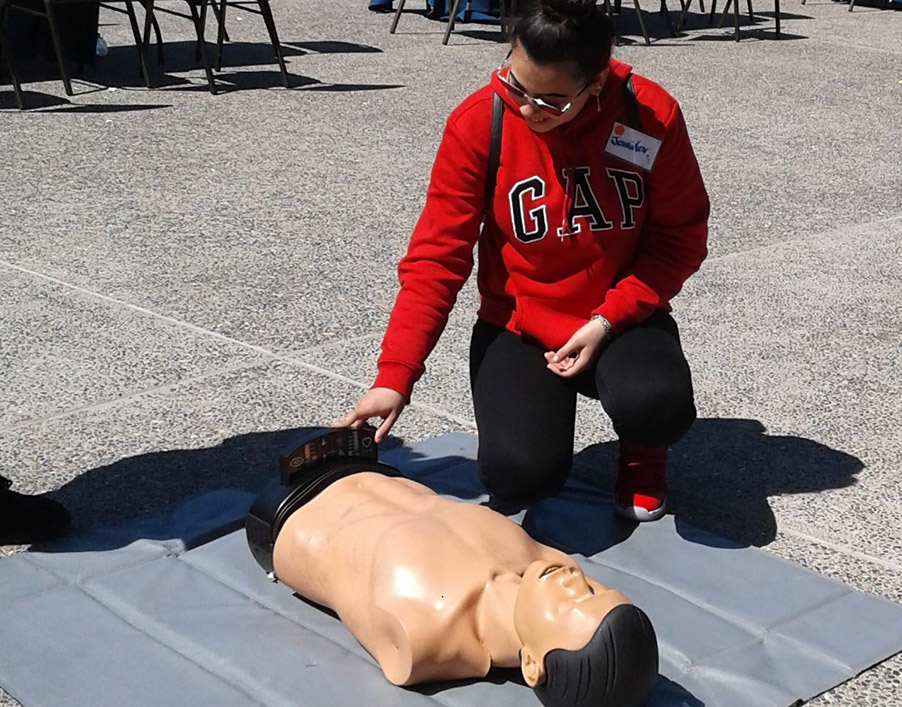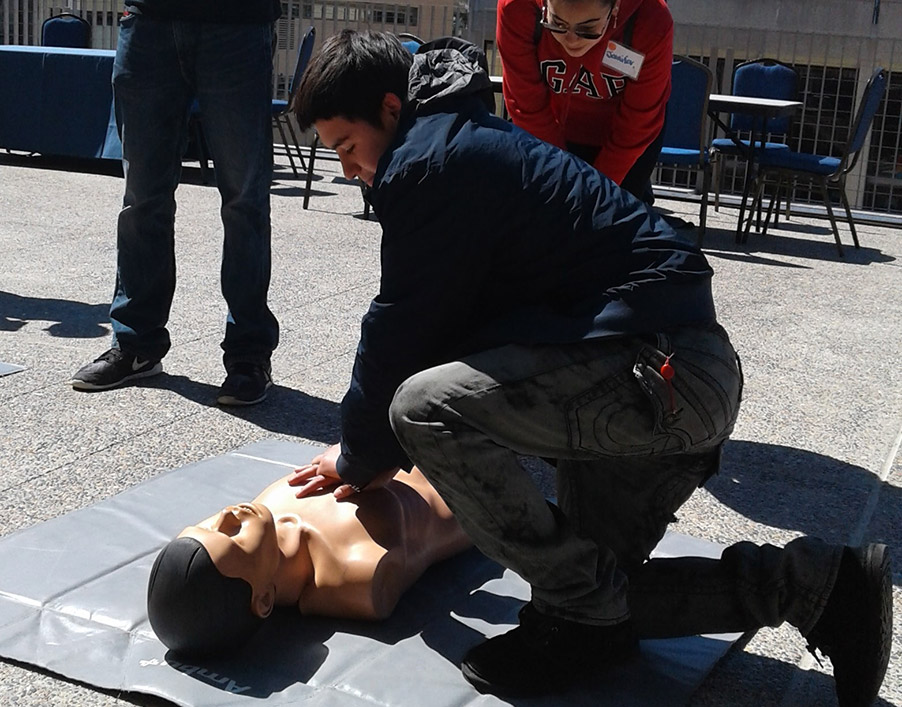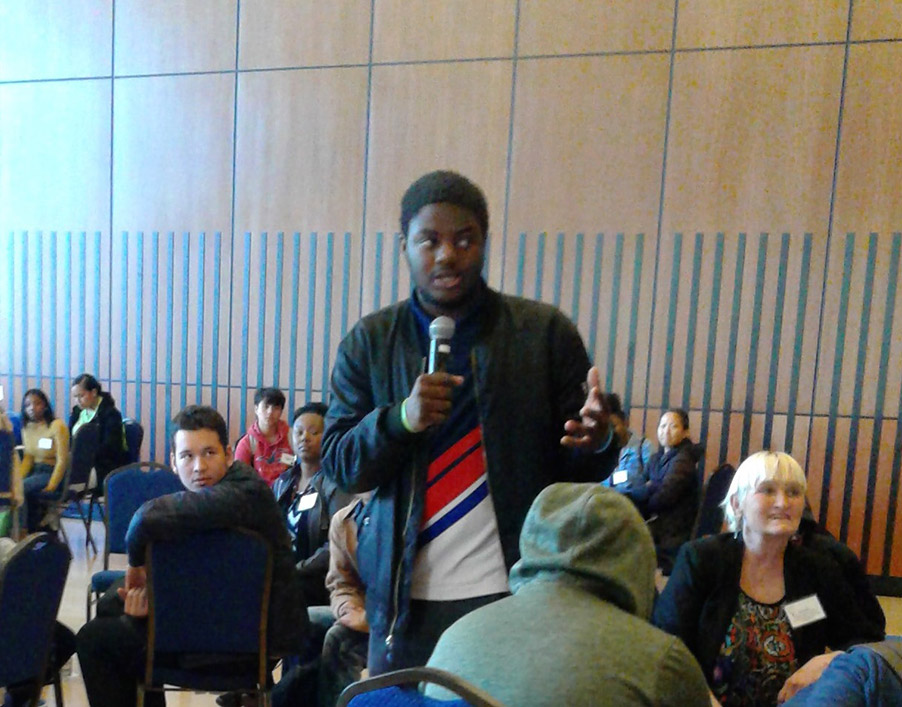Overview
Workforce Education & Training (WET) programs help address staffing shortages in Alameda County Behavioral Health Care Services (ACBH).
Alameda County’s vision for the WET Plan is to ensure an ACBH workforce that is sufficient in size, diversity, and linguistic capacity to deliver services and supports to consumers/clients and family members that are culturally responsive and integrate the values of wellness, recovery and resiliency. The WET Plan defines the ACBH workforce to include both the county and contracted community-based organizations (CBOs) that provide services in mental health and substance use disorders.
ANNOUCEMENTS:
State Behavioral Health Loan Repayment Program (BHLRP)
Alameda County Behavioral Health Workforce Development Education and Training (ACBH WET) is pleased to announce that Round 2 of the State Behavioral Health Loan Repayment Program (BHLRP) is open from October 1 through November 15, 2022.
Program overview and requirements: BHLRP is funded by the State Health Care Access and Information (HCAI) Workforce Education and Training (WET) and the program is managed by the California Mental Health Services Authority (CalMHSA), which reviews eligible applications and generates agreements with the awardees. A limited number of awards will be available in Alameda County Behavioral Health Care (ACBH), and award recipients may receive up to $10,000 towards the repayment of existing educational loans. The Loan Repayment Program is an employment retention tool to build up and fill service gaps in hard-to-fill/retain positions.
Scholarship Awards Ceremony and Reception
The Alameda County Behavioral Health Care Workforce Development, Education and Training in collaboration with Ohlone Community College hosted a scholarship awards ceremony and reception on Thursday, August 11to celebrate eleven community college students who were awarded a scholarship from the Alameda County Behavioral Health Career Pipeline Scholarship and Mentorship Program.
“I feel productive and useful when I am working. When I work, I make friends and have structure for the day.”
— a consumer who found work with WET supports
Among other things WET efforts focus upon the under-representation of mental health professionals with consumer and family member experience or with experiences in racially, ethnically, or culturally diverse communities. In addition to increasing cultural responsiveness, WET programs address the need to expand linguistic capacity to better reflect the languages spoken by Alameda County residents.
Program Spotlight
State Mental Health Loan Assumption Program
The State Mental Health Loan Assumption Program (MHLAP) was created by the Mental Health Services Act (Act). The Act provided funding to develop a loan forgiveness program in order to recruit and retain qualified professionals working within the Public Mental Health System (PMHS). An award recipient may receive up to $10,000 to repay educational loans in exchange for a 12-month service obligation in a hard-to-fill/retain position within Alameda County Behavioral Health Care Services (ACBH).
MHLAP Awardees working in Alameda County, 2011-2014
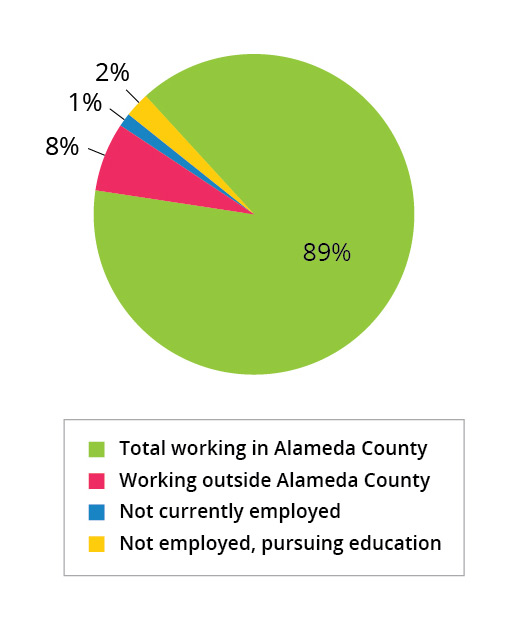
Awardee Language Statistics
2011/12 -2016/17 Six-cycle comparison
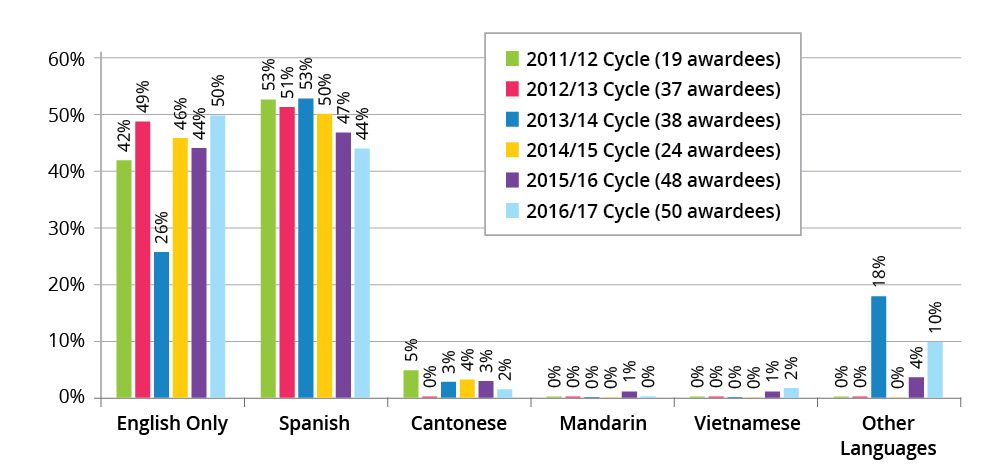
Awardee Ethnicity Statistics
2011/12 -2016/17 Six-cycle comparison
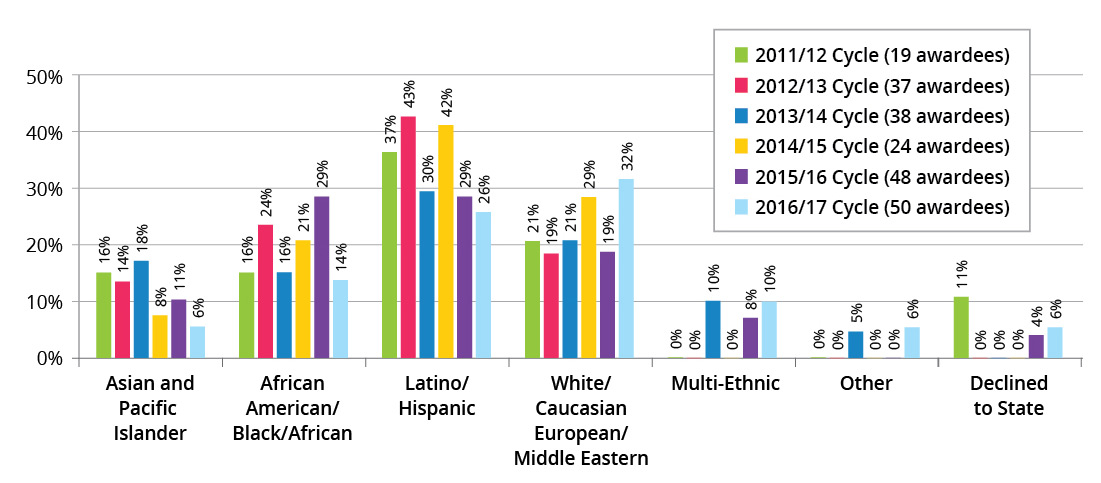
Local Programs
The following programs were developed through the WET Community Planning Process. Each of these programs has been approved by the Ongoing Planning Council, the local stakeholder group responsible for Mental Health Services Act (MHSA) Planning, and by the California Department of Mental Health.
Plan Requirements
The WET Community Planning Process required local stakeholders to recognize the following requirements of this funding stream:
- Conduct a Needs Assessment of the ACBH Workforce, which includes staff hired by both the County and Community-Based Organization (CBO) Contractors;
- Develop a WET Plan that uses educational partnerships and training to address identified shortages in occupations, cultural and linguistic capacity and other critical skill sets.
Workforce Staffing Support
Provides infrastructure to manage the development, implementation and evaluation of all Workforce Education and Training (WET) programs and initiatives. Spearheads partnerships with community-based organizations, peer-run agencies, educational institutions and local, regional and state agencies.
Training Institute
Provides a coordinated, strategic approach to training and staff development. Develops, researches, and provides a broad array of training related to behavioral health practice; wellness, recovery and resiliency; consumer and family employment, and leadership development.
Consumer and Family Employment Toolkit
In collaboration with the offices of Consumer and Family Empowerment, WET offers an integrated, coordinated approach to consumer and family member employment and supports employees at all stages of the employment process, from recruitment to retention. The goal is to expand the number and types of consumer and family roles across the system and to develop and retain authentic consumer and family voices in leadership roles.
High School Behavioral Health Career Pathways
Workforce staff collaborate with Oakland Unified School District, local community based organizations and also Alameda County Health Care Services Agency (HCSA) to engage with high school students from diverse cultural and linguistic backgrounds and provide them with information about careers in behavioral health. This program includes development of mental health classroom curriculum, work-based learning experiences, and collaborations between high schools, post-secondary educational partners, and industry partners.
Race/Ethnicity
(August 2017 HCSA Summer Intern Program, 32 Students in all)
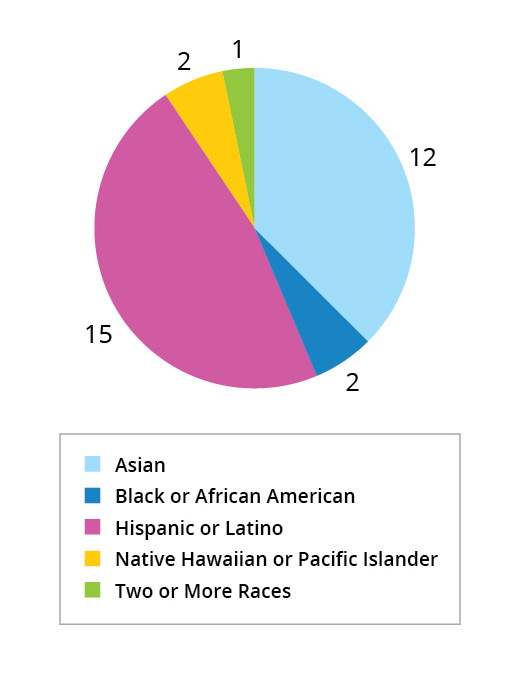
Schools
(August 2017 HCSA Summer Intern Program, 32 Students in all)
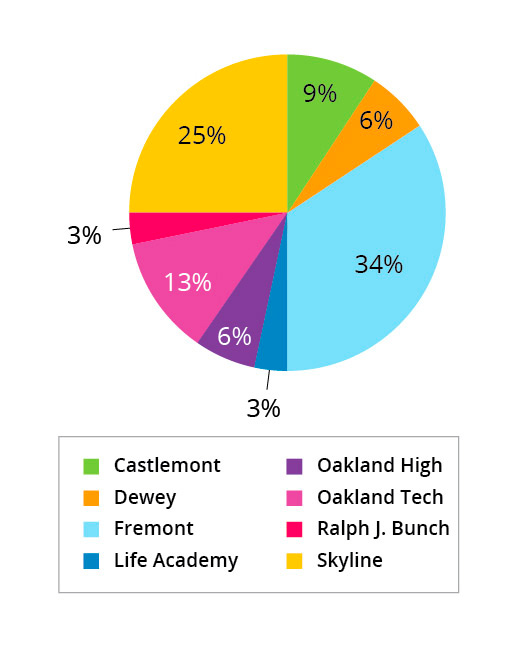
Community College Career Pathway
Develops a behavioral health career pipeline strategy in the community colleges, which serve as an academic entry point for ethnically and culturally diverse populations, including consumers, family members, immigrants, and other individuals interested in human services education that can lead to employment in the ACBH workforce.
Educational Campaign to Increase Workforce Diversity
Working in collaboration with Prevention and Early Intervention (PEI) community partners, develop culturally appropriate educational campaigns to enhance the image of behavioral health employment and to recruit students and potential employees from Alameda County’s diverse communities.
Internship Program
Coordinates graduate internship opportunities across the ACBH system. Meets with educational institutions to promote internships, and provides technical support to County programs to recruit interns. Additionally the Internship program coordinates training to clinical supervisors and student interns.
Graduate Stipends to Increase Workforce Diversity
The ACBH Graduate Intern Stipend Program is a financial incentive strategy, designed to provide support to qualified bilingual and bicultural students that have the capacity to provide services to consumers in one of the ACBH threshold languages: Spanish, Vietnamese, Cantonese, and Mandarin.
Student interns must work in an eligible ACBH county program or contracted community-based organization. Selected interns receive up to $6,000 per academic year in exchange for 720 internship hours per academic year. ACBH developed hard to fill/retain eligibility selection criteria for the Graduate Intern Stipend program based on specific workforce needs and gaps in the system.
Additional Information
For more information about WET in Alameda County, please:
- Refer to the most recent FY2018-2020 MHSA Three Year Plan – WET Plan submitted to the state; or
- Contact Sanjida Mazid, ACBH Workforce Development Manager, at sanjida.mazid@acgov.org or (510) 567-8071.


